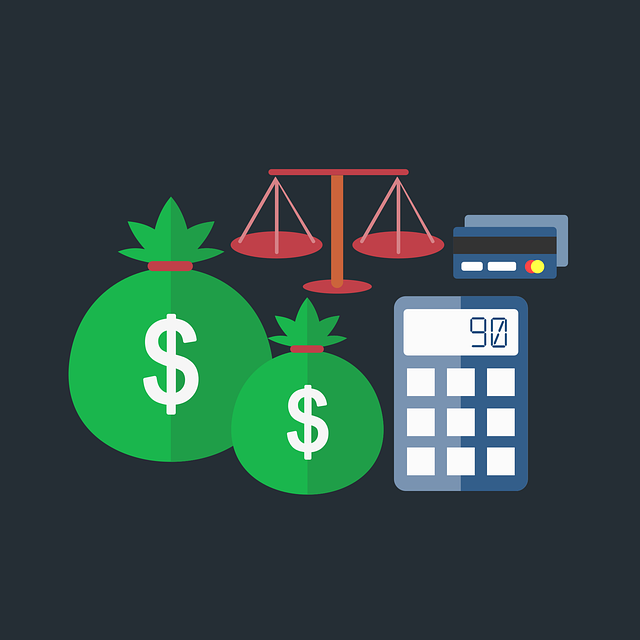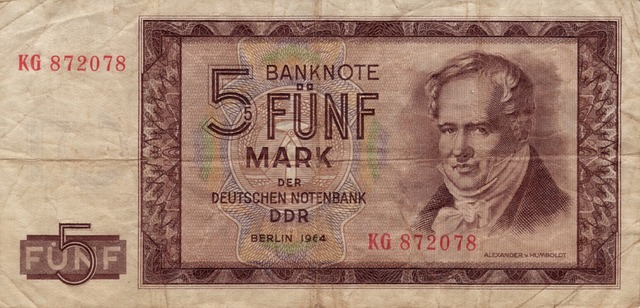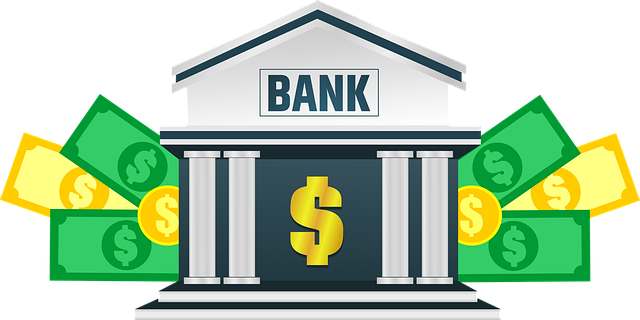invoice factoring is a financial solution that provides immediate funding and cash for invoices by converting outstanding invoices into quick cash within 24 hours. Businesses sell their accounts receivable to a third-party factor at a small discount, gaining essential liquidity to cover expenses, grow operations, or manage unexpected gaps in cash flow, all while minimizing bad debt risk and improving credit scores.
“Struggling with cash flow issues? Invoice factoring could be your business’s secret weapon. This powerful financial tool offers a solution for companies seeking immediate funding and a boost in liquidity. In this article, we’ll explore what invoice factoring is, how it works, and why it’s an ideal option in various scenarios. From managing cash flow to dealing with slow-paying clients, discover when ‘cash for invoices’ can be the game-changer your business needs to thrive.”
- Understanding Invoice Factoring and Its Benefits
- – Definition of invoice factoring
- – How it works: A simple breakdown
Understanding Invoice Factoring and Its Benefits

Invoice factoring is a financial solution that provides businesses with immediate funding by converting their outstanding invoices into cash. Instead of waiting for customers to pay their invoices, companies can sell these accounts receivable to a third-party factor at a discount. This process offers several key benefits.
Firstly, it provides quick access to cash flow, which is essential for meeting operational expenses and seizing growth opportunities. Secondly, invoice factoring helps businesses improve their financial health by streamlining their accounts receivable management, reducing the administrative burden of collecting payments, and minimizing bad debt risk. Additionally, it can enhance a company’s credit score and negotiating power with suppliers and customers alike. With immediate funding and streamlined cash flow management, businesses can better navigate market fluctuations and maintain a competitive edge.
– Definition of invoice factoring

Invoice factoring is a financial strategy that enables businesses to convert their outstanding invoices into immediate cash. It’s like selling your accounts receivable to a third-party funder, who provides upfront funding in exchange for taking on the risk of collecting those invoices from your customers. This method offers businesses a quick and efficient way to access capital, especially if they need fast funding or have slow-paying clients.
By using invoice factoring, companies can receive cash within 24 hours, providing them with much-needed liquidity. This is particularly beneficial for small businesses or those with seasonal sales patterns that experience cash flow fluctuations. It’s also a good option when traditional bank loans are difficult to secure or come with stringent requirements and high-interest rates. With immediate funding, businesses can cover their expenses, take advantage of investment opportunities, or simply maintain smooth day-to-day operations.
– How it works: A simple breakdown

Invoice factoring is a financial solution that provides businesses with immediate cash for their outstanding invoices. Here’s how it works in simple terms:
1. A business sells its invoices (which are essentially payment promises from customers) to a third-party factor, often at a small discount. This transfer of debt gives the business quick access to cash flow, typically within 24 hours. The factor then takes on the responsibility of collecting the payments directly from the customers.
2. Once the invoices are paid by the customers, the factor reimburses the business for the original amount minus any agreed-upon fees or discounts. This process offers businesses a powerful way to improve their cash flow and financial stability, especially if they’re waiting for distant future payments. It’s ideal for companies looking for immediate funding to cover expenses, grow operations, or manage unexpected cash flow gaps.






